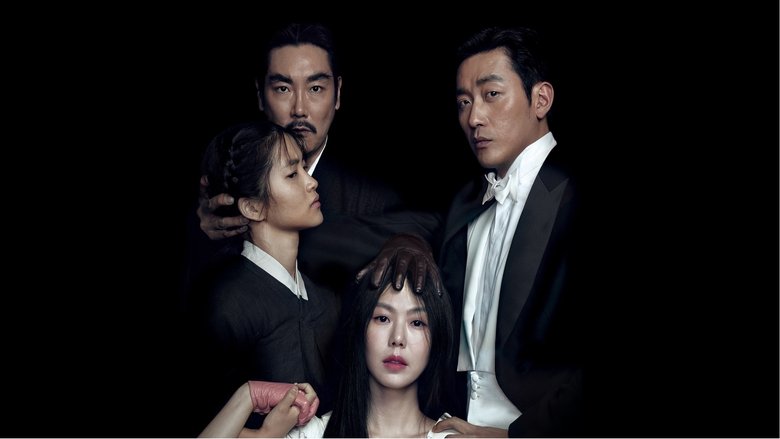The Handmaiden Review
“Even listening to the same story, people imagine different things,” a character warns us, so deep into the movie that the line plays not like a revelation, but another confirmation that Park Chan Woo is but a virtuoso in this genre.
The Handmaiden is a movie that unravels within itself. Told in three parts with the same story being seen from three different perspectives, and each one adding a new layer to the already rich fabric, the movie is an emporium of visual delights, intricate plots and twisted characters.
We have the rich heiress - for whom beauty is a virtue, we have the evil uncle who uses her to fulfill his wishes, a handsome Count who is actually a hoodlum in costume and instead of the Prince on a white horse - we have the lady's Handmaiden - initially also a part of the Count's plan.
The story begins in an orphanage, from wherein the Count hires a girl to serve as a Handmaiden to Lady Hideko (Kim Min Hee) whom he wishes to marry and then confine in a madhouse in a bid to inherit her fortune. But Lady Hideko lives under the careful eye of her older Uncle who has other plans for her future.
Based on Sarah Waters 2002 novel, Fingersmith, the movie has a decidedly happier ending and chops off a major portion of the plot for the sake of Mr. Park's compulsive attention to details. Everything inside the manor and outside is made to enchant and in the rare moment that you do manage to look away from the screen, you can only marvel at what a masterpiece Park has created. The camera lingers on the minutest of details (the rustling of silk, or a slow parade down Kim MinHee's back) and dialogues or recited scraps of letters or fiction become de facto narration laid over a cascade of images, brilliantly composed for a very wide frame by Chung Chung-hoon, and backed by Cho Young-wuk’s hypnotically repetitive yet rapturously melodramatic score, which rises to operatic heights when the characters are experiencing misery, ecstasy or fear (cue, the portion where they run to freedom).
The movie is about storytelling in it most's vulnerable form - the cinematography is outstanding with wide angle views of fields that signify freedom and closed views of the quarters in which the Handmaiden lives. The soundtrack, especially the song at the end "The Sound of You Coming" and "My Tamako, My Sookee" are bound to leave a lasting impression.
Nearly as powerful, though far subtler, are the cross-cut sequences that feel like self-contained short stories of their own.
The story, like the movie itself is disturbing beautiful and is bound to haunt you for days.
Popular Videos
-
WATCHEDBe our guest on a New York City ferry ride that turns into a hilarious nightmare when a mischievous mouse named Steamboat Willie becomes a monstrous reality. As passengers set sail, their trip turns deadly when the tiny terror unleashes murder and mayhem. The official trailer is out for . #trailerScreamboat
-
WATCHEDSomething bad happened to Agnes. But life goes on - for everyone around her, at least. Check out the Sorry, Baby trailer for the upcoming film starring Eva Victor, Naomi Ackie, Lucas Hedges, and John Carroll Lynch. Watch the official trailer for . #trailerSorry, Baby
-
WATCHEDAs the Smart family wrestle with their over-sized dreams, they come to realize that the struggle to find your voice and your place in the world can happen no matter what stage of life you're in. Check out the official trailer for . #trailerEverything's Going to Be Great













